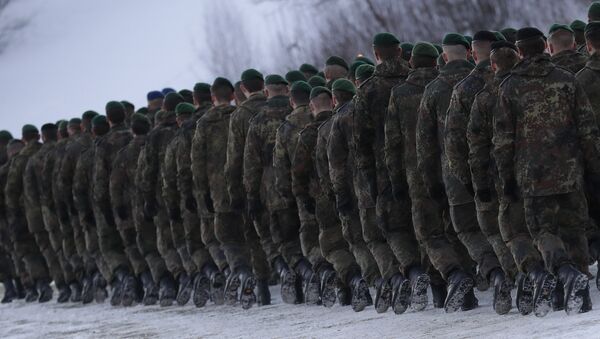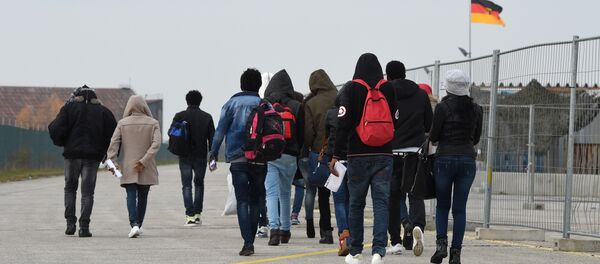Berlin previously announced in May 2016 that it would enhance its military by 14,300 troops, the first such increase since the end of the Cold War. But the number of additional soldiers was changed to 20,000 after revision, and under the new plan, the Bundeswehr is expected to grow to a total of 198,000 by 2024.
"The Bundeswehr is under demand like never before," Defense Minister Ursula von der Leyen said Tuesday, specifically pointing out the role of the German unified armed forces in the stabilization of Mali, in combating Daesh in Iraq and Syria, and, as a NATO member, defending the Baltic from a so-called Russian Threat.
"In light of these increasing responsibilities, the Bundeswehr must be allowed to grow accordingly," she said.
In Brussels on Monday, Pence accentuated that the US had "unwavering support" for NATO, but cautioned that member countries must increase their monetary commitment to the organization, if they want Washington's support to continue.
"Europe's defense requires Europe's commitment as well as ours," the Vice President said. "The patience of the American people will not endure forever."
A few days earlier, at the Munich Security Conference, the German Defense Minister cautioned Washington against giving up the core Western values that all NATO members have signed on to, and seeking cooperation with Russia behind Europe's back.
"Our American friends know well that your tone on Europe and NATO has a direct impact on the cohesion of our continent," she said. "A stable European Union is also in America's interest, as is a strong and unified NATO."



